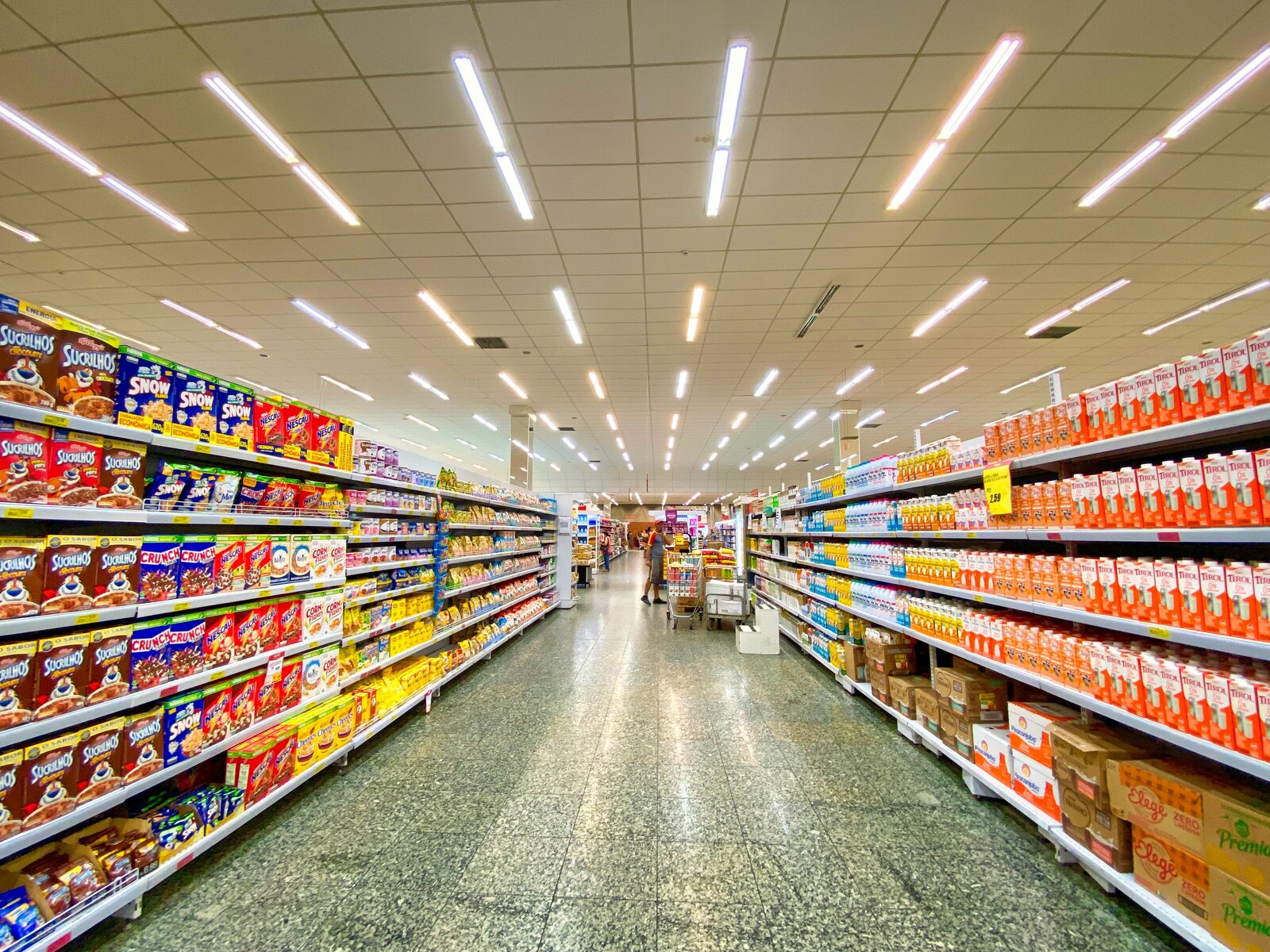How our grocery shopping and cooking behaviors have shifted thanks to social media and online grocery delivery

Online grocery delivery apps and social media are changing the ways people approach cooking and shopping for food. With the introduction of nationwide lockdowns, covid-19 spurred a boom in the online grocery delivery trend, but also shifted where people look for recipes, pushing more novice cooks to turn to social media platforms for ideas on what to cook and eat. “Social media has become the dominant channel for inspiring cooking — and, hence, for inspiring grocery shopping,” Anuraag Nallapti, COO of recipe and grocery shopping platform Jupiter writes for a Forbes Technology Council piece.
Gen-Zers turn to TikTok to make dining decisions: More than half (53%) of Gen Z respondents in Cassandra’s Young & Hungry macrotrend report find their inspiration for new foods on TikTok, Progressive Grocer reports. The report spoke to a sample of more than 1,500 consumers in the US and the UK aged 14 to 34 on how they go about deciding what to eat and drink. TikTok food trends, which often carry over to other social media platforms as well, can lead to quantifiable sales increases for certain products — as was demonstrated when a viral pasta recipe caused feta sales to shoot up 117%, Forbes reports. In 2021, 44% of Americans attempted to replicate a social media food trend, according to an Instacart survey of more than 2k adults in the US, conducted online by The Harris Poll. Additionally, 36% of Americans said social media has altered the way they go about cooking at home.
Pandemic lockdowns accelerated the online grocery delivery trend: Delivery orders increased by about 50% during the pandemic and are expected to continue their upward trend in 2022, according to a McKinsey report on e-commerce trends in North American grocery. Pandemic lockdowns gave the industry a clear glimpse of what happens when foot traffic at stores drops to a tiny fraction of its usual figure and also gave customers time to get accustomed to having their groceries delivered. The online delivery space in Egypt has also burgeoned in the last few years with different types of players in the space.
Egypt’s online grocery delivery space has also been booming — both from startups and from established chains: Large grocery stores and chains, such as Carrefour and Gourmet, have built digital storefronts or invested in optimizing their existing ones. (Gourmet CEO Jalal Abu Ghazaleh spoke to us in the first episode of our podcast, Making It, about the grocery store’s transformation into an e-commerce pioneer). Gourmet also publishes on its app and in a magazine some recipes using in-store products. These bigger stores and chains had to innovate to better be able to compete with the myriad of online delivery apps that exist in Egypt, including ultra-fast grocery delivery startup Rabbit, Breadfast — which raised USD 26 mn in series A round last year — and Talabat Mart. Other types of delivery apps have emerged on the scene as well: UAE-based Instashop also operates in Egypt and unlike most other delivery apps does not operate fulfillment centers (dark stores) but rather connects users to their local neighborhood stores.
How is the industry affected? These two trends have resulted in critical advertising money from FMCG players being redirected away from physical stores towards social media and online delivery platforms, Nallapti writes. Many physical stores do not have the necessary capital needed to build competitive digital storefronts which has put pressure on their bottom lines, while larger stores that do have developed online websites or apps. FMCGs that typically relied on customers purchasing their products in stores and spent large sums of advertising money for optimal product placement and ads in physical stores have shifted gears. Instacart's ad revenue is expected to be USD 795 mn in 2022. With footfall in stores dropping and the source of inspiration for buying food shifting to social media, FMCGs are shifting their advertising USDs to social media and online delivery platforms that offer several ad options.
FMCGs in Egypt have taken note of the trends: “We’re placing a greater focus on the online delivery space, which is growing rapidly,” Juhayna Marketing Director Amr Bishara told Enterprise. “We’ve majorly upped our advertising spending on e-commerce platforms to grow our market share in online retail channels. We’ve witnessed an increase in the number of people within our target segments utilizing online delivery apps over the past couple of years, especially the younger cohort,” he explained.
Looking forward: Nallapati believes that many grocery stores will be unable to build online stores and will die out, resulting in fewer traditional grocery shops existing in the future. He also anticipates that a greater percentage of grocery orders will be delivered instead, Nallapti says.